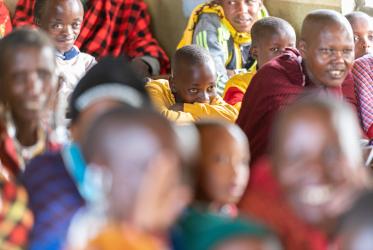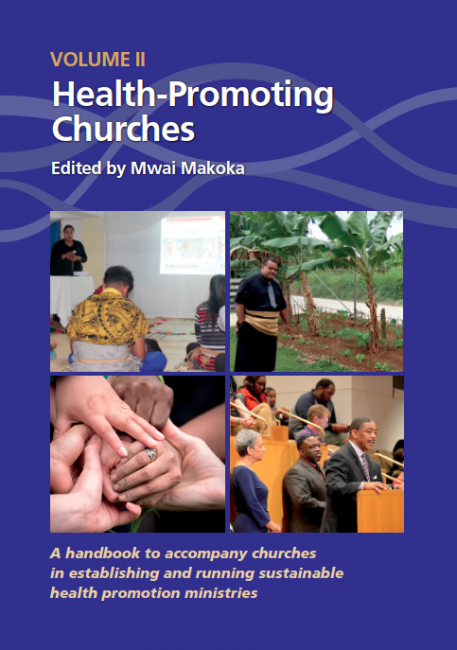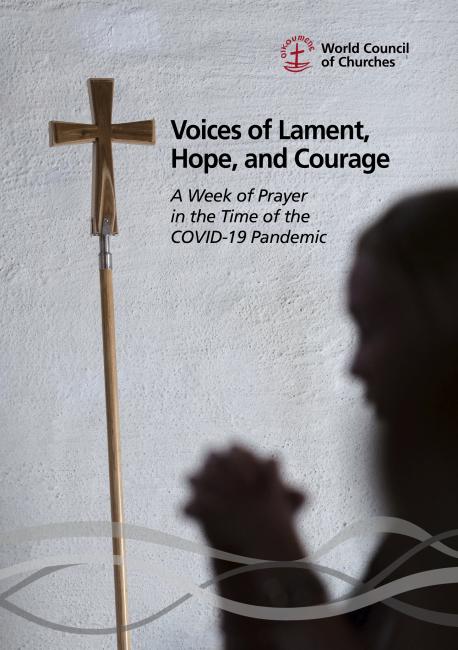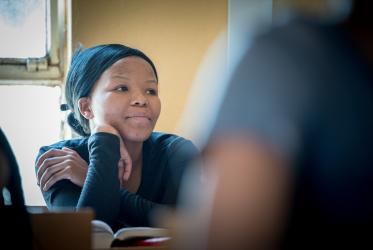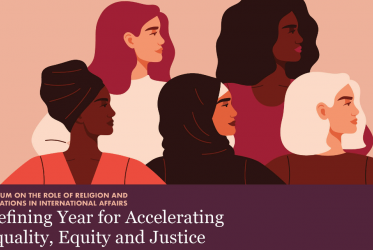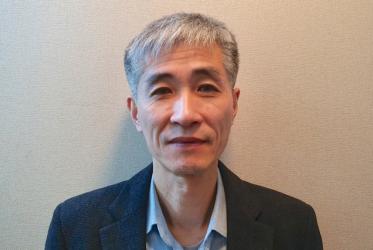Displaying 121 - 140 of 156
Health-Promoting Churches Volume II:
A handbook to accompany churches in establishing and running sustainable health promotion ministries
28 April 2021
Voices of Lament, Hope, and Courage
A Week of Prayer in the Time of the COVID-19 Pandemic
18 March 2021
African Churches mark International Women’s Day
09 March 2021
Rev. Shin Seung-min: “We want to create hope, not despair”
22 December 2020
Cooler Earth - Higher Benefits
Actions by those who care about children, climate and finance.
20 November 2020
